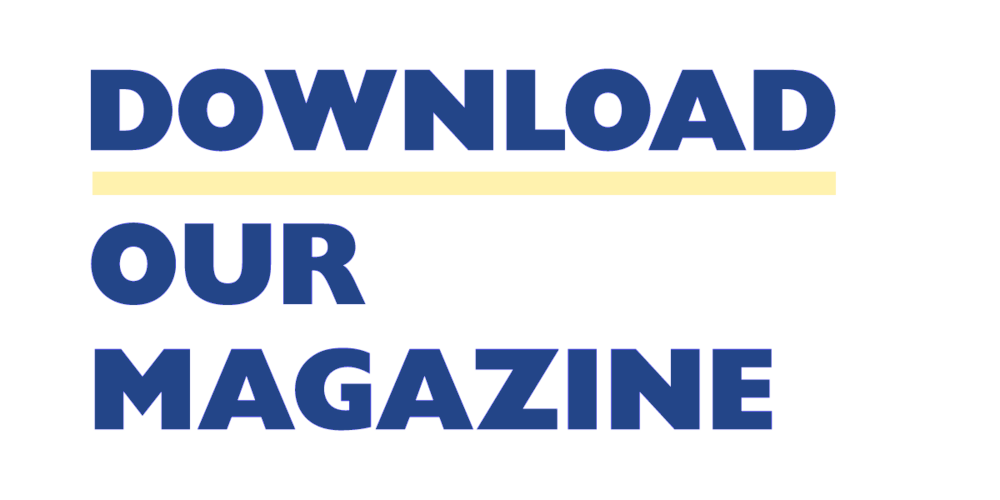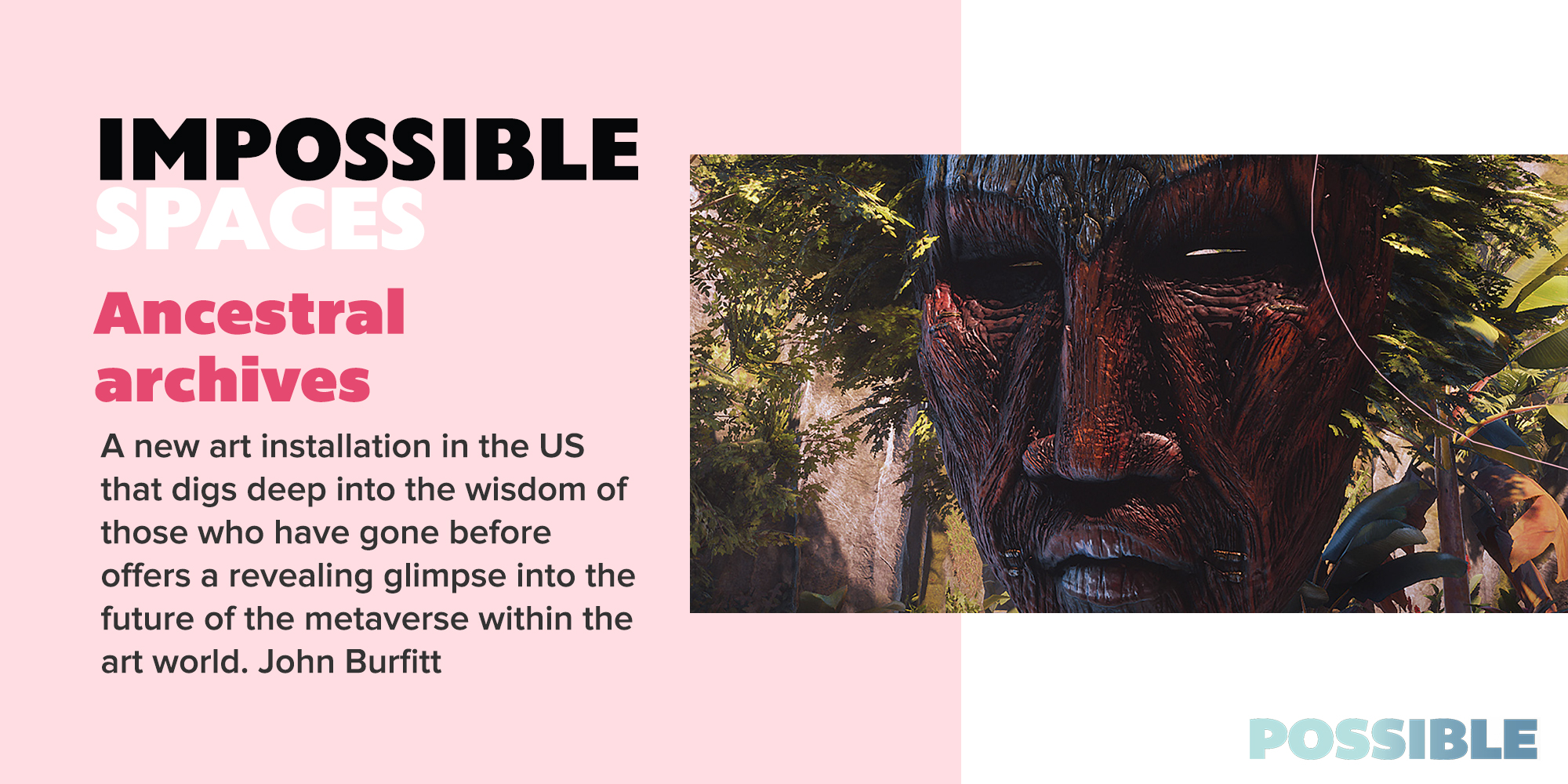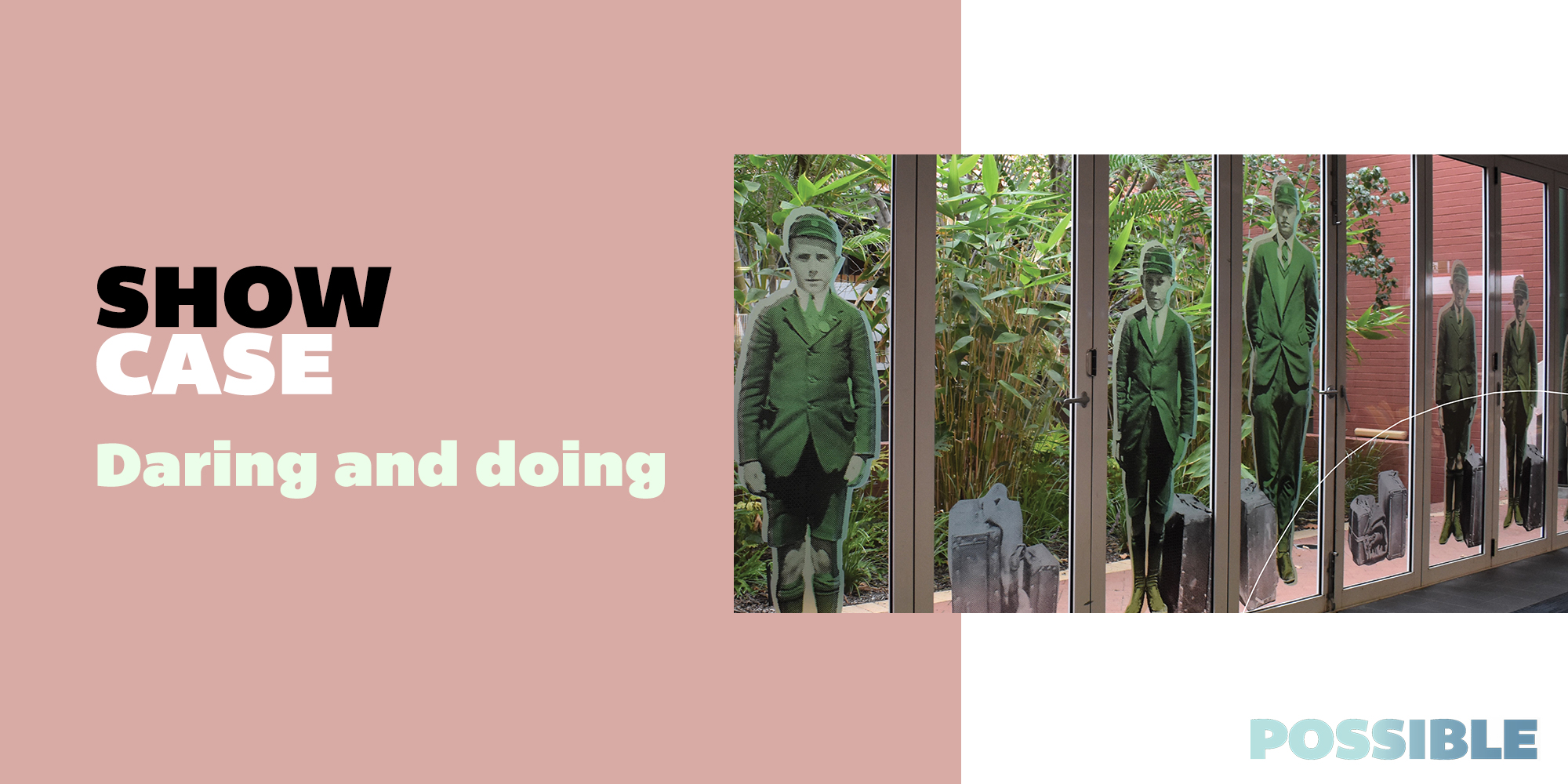Like most young women, I appreciated fashion. But I also used to consume a lot without really thinking about the impact on the environment. It got to a point where a lot of the clothing in my wardrobe became unwearable. I couldn’t donate it. I couldn’t sell it. It wasn’t really fit to give to someone else.”
Yesha Patel, founder, After
It looks fabulous on Instagram, tempting in the shopping mall, but will likely spend decades in landfill—unwanted clothes are fast becoming one of the world’s biggest environmental issues.
A partner of the United Nations Environment Programme (UNEP), The Ellen MacArthur Foundation has estimated that a truckload of abandoned textiles is dumped into landfill or incinerated every second.
Organisations such as the EU are working towards reducing textile waste, along with increasing the life cycle and recycling of textiles. This is part of the plan to achieve a circular economy by 2050.
Enter Yesha Patel, who is making it possible to find a second life for unwanted clothes and textiles. Patel found her calling while completing her Master of Entrepreneurship at the University of Melbourne.
“Like most young women, I appreciated fashion,” she says. “But I also used to consume a lot without really thinking about the impact on the environment. It got to a point where a lot of the clothing in my wardrobe became unwearable. I couldn’t donate it. I couldn’t sell it. It wasn’t really fit to give to someone else.
“I jumped online to check out the options because it just felt wrong to put it in the bin. I honestly could not find much. And that started a whole journey of figuring out what happens to our clothing and our textile waste.
“I found out about a lot of problems within the industry,” she continues. “I changed a lot of habits in my life and stopped buying anything new. I wanted to make it more accessible for the everyday consumer to be able to recycle our textiles. And that’s how After started.”
Patel created After (after.net.au/) as a startup that is tackling the issue of textile waste from the ground up. Since inception, After has been committed to ensuring that all textile waste is disposed of in a manner that supports ongoing efforts to address the climate crisis.
“We collect textile waste from households and businesses, and we particularly deal with unwearable textile waste,” she explains. “So, it’s the things that you can’t donate, and you can’t resell. Items that are practically end-of-life. There is a lack of knowledge and education about what to do with these clothes. We’ve got great op shops and charity stores, but they’re so overwhelmed that they’re having to send a lot overseas. But we don’t see that, and most people don’t know that. We don’t see the waste that we create in Australia because it doesn’t stay in Australia.”
After sorts out the collected waste into two categories—pre-consumer textile waste, and post-consumer textile waste.

Pre-consumer textile waste stays onshore in Australia and is shredded, to be used as stuffing and filling for items such as mattresses and upholstery.
Post-consumer textile waste is sent to India where it’s repurposed back into yarn ready to be reused.
“I went over there myself to check it out and learn about the process,” says Patel. “It’s really amazing what they do. They decommission it by removing all buttons, labels and zips, then they sort it into materials and into colours. After it’s shredded, it’s then processed in a way that it’s turned into yarn, which is used for home furnishings. It can also be mixed in with some virgin yarn to create clothing again. That’s really the more circular option that we’re aiming for—to create it back to yarn and back into the clothing and textiles industry.”
The process behind the recycling is complex and has been an education for Patel, who didn’t have a textile background.
“I didn’t know things like how yarn is created or the different materials that you get in our clothes,” she says. “So, there has been a lot of self-learning. I had to have willingness to learn, meet experts and ask the questions. We’ve made two trips to India, where they’re so knowledgeable in textiles, and are doing amazing things that we could really learn from and leverage.
“I guess my being naive is what helped me to get through it. If I knew how big the problem was, and how hard it was to solve, I probably wouldn’t have started.”
After is only two years old and is still a side project for Patel, who has a day job in administration for an insurance company. A partner, Nehal Jain, joined the business about a year ago.
“I started After by myself,” Patel explains. “And, although it was great for a little while, it got really lonely and isolating. I just really wanted to share the passion with someone who actually gets it. So, I started to look for people, asked questions, and Nehal and I connected instantly.
“It’s like my side project, but honestly, I just think I’ve got two full-time jobs. And I’m okay with that. Because I’m not going to take on money or seed capital until I’m 100 per cent confident in what we’re achieving. I don’t want to lose that passion, or the purpose behind it, and so I’m not rushing it. I will definitely need capital at some point, because we’ve got big, big plans. I am very fortunate that I can do both at the same time.”

Yesha Patel, founder, After

.png)



